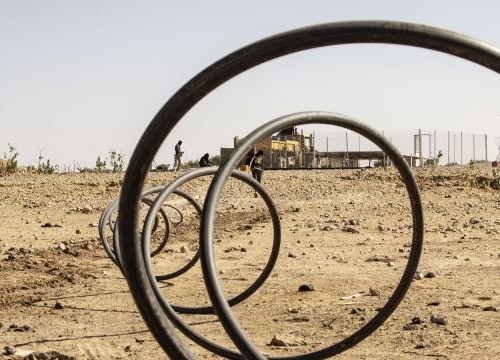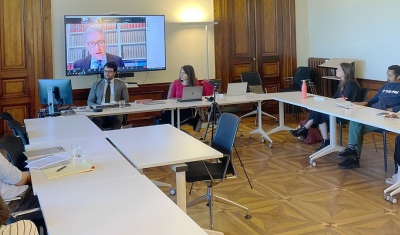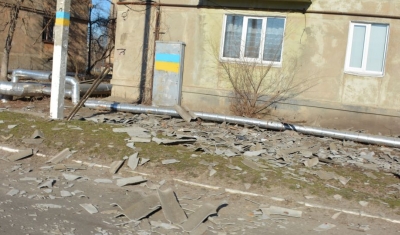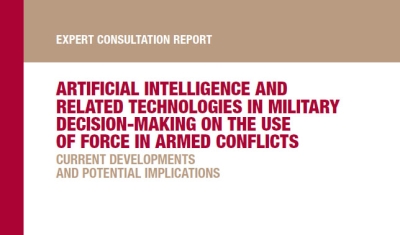The Weaponizing of Water in Contemporary Armed Conflicts
IHL Talks


ICRC
In conflict zones like Sudan, Syria and Gaza, access to water transforms into a critical survival matter. The alarming rise in the weaponization of water in contemporary armed conflicts is imposing a heavy toll on civilians, who bear the devastating consequences of this phenomenon. In such contexts, water and water-related installations not only become casualties but are also misused as means or method of warfare, profoundly impacting the livelihoods, well-being, and dignity of civilians. Besides, most modern water systems are digitized, making them more susceptible amid the growing trend of cyber-attacks targeting critical infrastructure.
To comprehensively address these challenges, panelists will delve into the multifaceted issues arising from the weaponization of water. The discussion will encompass both the direct and reverberating effects of attacks on or damages to water-related installations, leading to long-term impacts on livelihoods, public health concerns such as contamination and infectious diseases, displacement, and societal instability. The panelists will also provide a nuanced exploration of the complexities associated with such issues in contemporary armed conflicts.
Recognizing the far-reaching consequences of water weaponization on fundamental aspects of civilian life, this IHL Talk – co-organized with the Geneva Water Hub – will underscore the importance of international humanitarian law and human rights law in preventing and mitigating these consequences. Emphasizing the significance of sparing water from armed conflicts, the discussion aims to contribute to the broader protection of civilians and efforts to establish lasting peace.
Moderation
- Eugénie Duss, Research Fellow, Geneva Academy
Panelists
- Mark Zeitoun, Director General, Geneva Water Hub and Professor of Water Diplomacy, Geneva Graduate Institute
- Monica Ramos, Global WASH Cluster Coordinator, United Nations Children’s Fund
- Abby Zeith, Legal Adviser, Arms and Conduct of Hostilities Unit, Legal Division, International Committee of the Red Cross
Light Lunch
A light lunch will be offered after the event.
Disclaimer
This event may be filmed, recorded and/or photographed on behalf of the Geneva Academy. The Geneva Academy may use these recordings and photographs for internal and external communications for information, teaching and research purposes, and/or promotion and illustration through its various media channels (website, social media, newsletters, annual report, etc.).
By participating in this event, you are agreeing to the possibility of appearing in the aforementioned films, recordings and photographs, and their subsequent use by the Geneva Academy.








